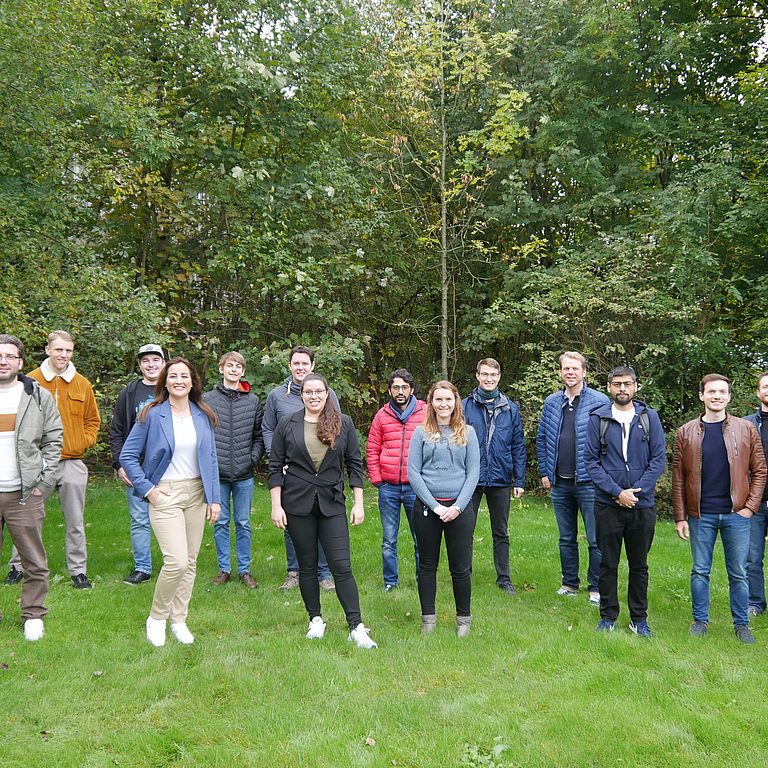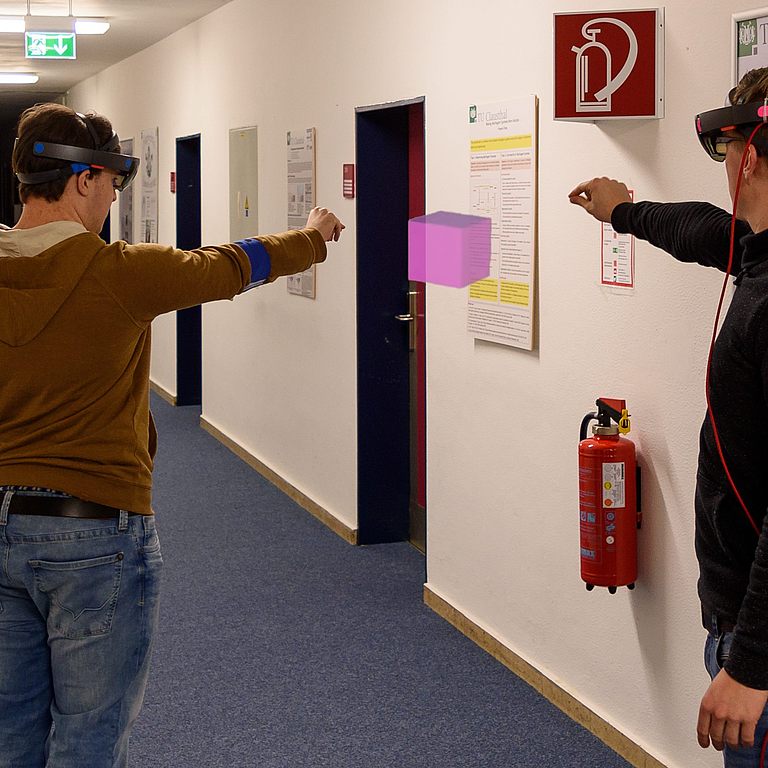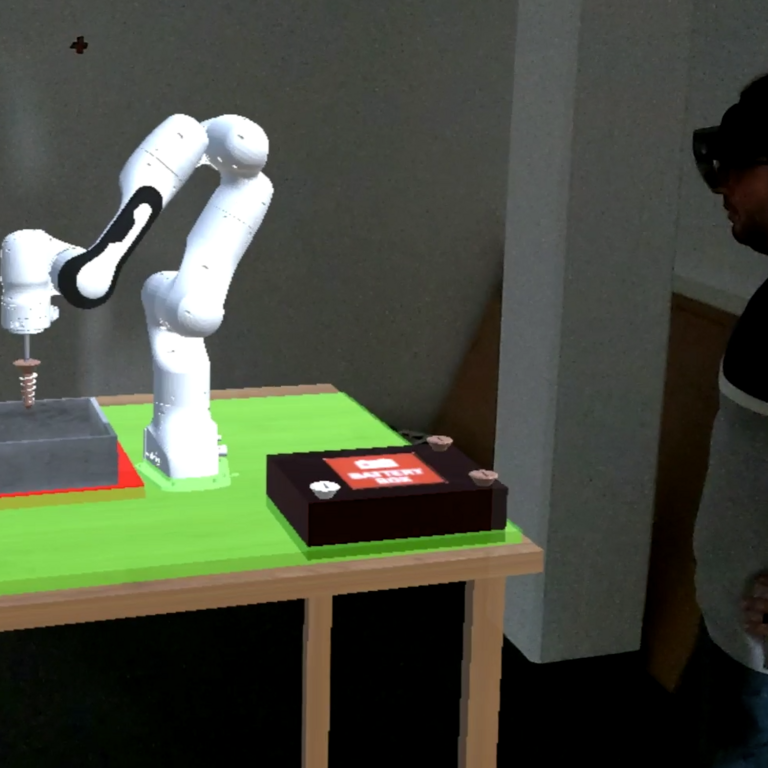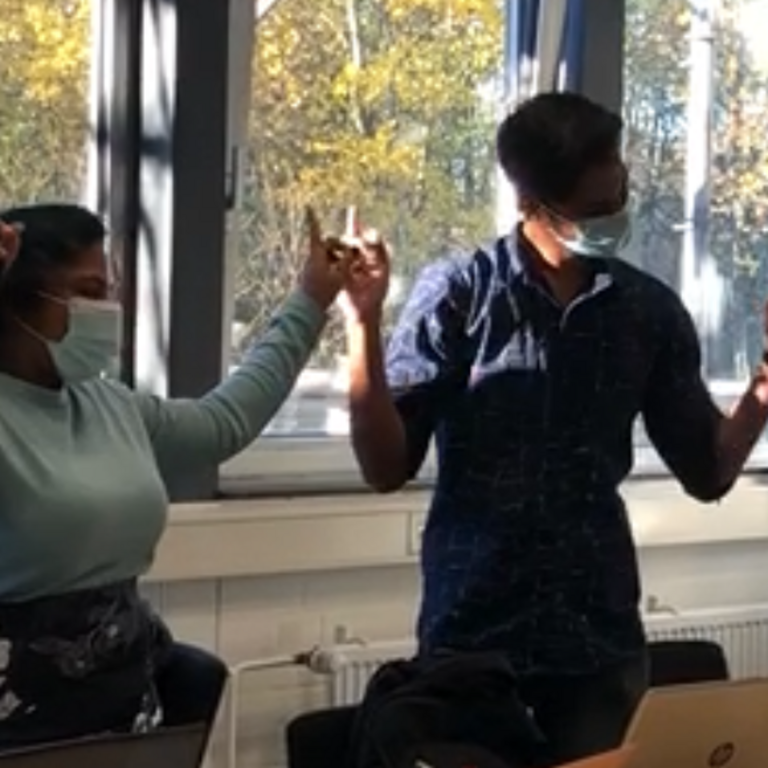EmployID
Project
The EmployID project aims to facilitate the professional identity transformation of practitioners in public employment services (PES) throughout Europe. The project utilizes different facilitation techniques for this:
- Reflection (see our work connection reflection and professional identity transformation)
- Networking
- Learning in Massive Open Online Courses (MOOCs)
- Peer-Coaching
Please refer to our official project website for more information about the objectives or the underlying theory.
The project closely works together with PES in Europe and three different organizations are full members of the project: DWP (in UK), ZRSZ (in Slovenia) and HZZ (in Croatia).
The Clausthal University of Technology is leading the work package on reflection, peer-coaching and creativity.
Using Ethnography we conducted site visits, workshops and interviews in different PES organisations to analyse the context of work and to identify areas where professional identity transformation can be facilitated. Ultimately we at the Clausthal University of Technology created a modular community of practice platform. The platform aims to support the emergence of a community of practices, and to support (collaborative) reflection. We base our understanding of reflection on the work of Boud who sees reflection as the going back to previous experiences, re-evaluating them in order to come up with ideas and plans how to behave differently in future.
Reflective Learning Cycle by David Boud (1985)
To facilitate reflection is desirable for employers so that employees can think about their own practice and to learn from it. Thus our community platform explicitly encourages users to engage in those activities of sharing experiences, discussing from together and to come up with new ideas for the future, both for sustaining good practice and to improve things which aren't as working as nicely as one had envisioned.
We enriched the community platform by various features to support reflection, thus creating a reflective community platform:
- Prompting users for various aspects of reflection (see our conceptual work)
- Support to ask questions
- Highlighting qualitative contributions in the platform
- Etc.
All those features are wrapped in small modules, which can be turned on and off depending on the requirements of individual organizations allowing for a high degree of customization of the platform.
Landing Page of the reflective community platform
This is the landing page of our reflective community platform, showcasing overviews over what is currently happening on the platform: recent news and topics, posts which were marked as very helpful by others and also the so called 'Topic of the Month' which allows the community to focus especially on one topic each month. At the bottom of the page an example of the prompts is shown, here trying to engage users into posting in the forum.
Reflection Support while posting topics in the forum
When posting new topics in the platform users also receive ideas on how to phrase their posts or what to think about in case they want to engage in the community, but they are unsure in how to. At the bottom of the picture, we offer users to select pre-defined or custom questions, to ask others in the discussions. Questions are a common way to facilitate reflection [Zhu 1996].
Maps plugin to visualize one`s personal network
We created a map plugin to show users how their personal network on the platform looks like: Who one was discussing in a thread with, who liked ones posts etc. We also created overviews of which regions are mostly discussing about which topics, to allow users to use the feature to interactively discover topics on the platform. This work was created in a master's thesis and is yet to be evaluated in a work place setting.
Visualization of one's role in the forum
Another idea in the community is displaying the role someone has in the forum area, whether one is more a reader or more posting topics. The long term goal of this module is to facilitate users in moving from the peripheral area of the community into the core building onto the work of Lave and Wenger (1999). Users receive prompts based on their current profile which show them some ideas on how to engage with the community. While our current version is more basic using text prompts, we are currently improving the work to actually use a model of where a user is positioned in the community. This work is based on a bachelor's thesis.
Since evaluating text is quite difficult based on pure numbers like post length, we created a manual content analysis classification scheme, which allows researchers to actively mark text paragraphs e.g. as referring to experiences, which is at the core of learning from reflection. We started this work in the MIRROR project (http://mirror-project.eu; see Prilla et al., Prompting users to facilitate support needs in collaborative reflection, 2015) and we are currently improving the coding scheme even further. Our long term research goals are to analyse whether our manual content coding scheme is related to codes other automated content analysis tools (e.g. LIWC) are using. If yes, we might be able to have nearly real-time text evaluations, which can be used to guide users in (collaborative ) reflection and community participation in a dynamic, personalized and scalable way.
If you are interested in our reflective community platform or even the content coding scheme, please don't hesitate to contact us for access to a demo version of the reflective community of practice platform.
EmployID is a FP7 project funded by the European Commission (Grant no. 619619)
Contact
Michael Prilla, Oliver Blunk



